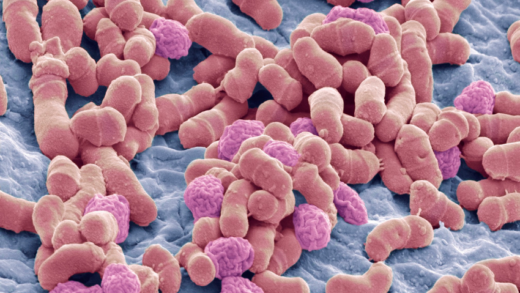For decades, cigarettes have been a popular way to relax, unwind, and socialize. Despite the well-documented health risks associated with smoking, many people continue to light up. In this article, we’ll explore the surprising ways that cigarettes impact your health, from your physical well-being to your mental health and beyond. Whether you’re a smoker or a non-smoker, understanding the effects of cigarettes on your body is essential.
Cigarettes have been a staple in society for generations, but their impact on health is well-documented. Smoking cigarettes has a range of physical, mental, social, and environmental effects that can have serious consequences for both smokers and non-smokers.
Physically, smoking cigarettes increases the risk of lung cancer, cardiovascular disease, respiratory issues, and oral health problems. Cigarette smoke contains harmful chemicals that can reduce immune system function and increase the risk of developing infections.

Mentally, smoking cigarettes is linked to an increased risk of anxiety, depression, addiction, and cognitive decline. These mental health effects can have a significant impact on a person’s quality of life and overall well-being.
Socially, smoking cigarettes can have a range of negative effects. Secondhand smoke exposure can cause health problems for non-smokers, including children and pregnant women. Smoking also contributes to social stigma and higher healthcare costs, and can reduce life expectancy and opportunities for social interaction.
Environmentally, smoking cigarettes has a significant impact. Cigarette smoking contributes to air pollution, litter and waste, forest fires, chemical exposure, and water pollution. The environmental impact of smoking is often overlooked but can have serious consequences for the planet and future generations.
Overall, the effects of smoking cigarettes on health and the environment are clear. By understanding these effects, we can make informed decisions about our own health and encourage others to do the same. Whether you’re a smoker or a non-smoker, taking steps to reduce cigarette use can have a positive impact on both personal health and the health of the planet.
Bullet Points:
- Smoking cigarettes increases your risk of lung cancer, cardiovascular disease, respiratory issues, and oral health problems.
- Cigarette smoke contains harmful chemicals that can reduce immune system function and increase the risk of developing infections.
- Smoking cigarettes is linked to an increased risk of anxiety, depression, addiction, and cognitive decline.
- Secondhand smoke exposure can cause health problems for non-smokers, including children and pregnant women.
- Smoking cigarettes contributes to air pollution, litter and waste, forest fires, chemical exposure, and water pollution.
FAQs:
Is smoking cigarettes worse for your health than other forms of tobacco?
Yes, smoking cigarettes is generally considered to be more harmful than other forms of tobacco use, such as chewing tobacco or smoking cigars.
Can smoking cigarettes cause mental health problems?
Yes, smoking cigarettes is linked to an increased risk of anxiety, depression, addiction, and cognitive decline.
What are some of the long-term health effects of smoking cigarettes?
Smoking cigarettes can lead to an increased risk of lung cancer, cardiovascular disease, respiratory issues, reduced immune system function, and oral health problems.
Does secondhand smoke exposure pose a risk to non-smokers?
Yes, secondhand smoke exposure can cause health problems for non-smokers, including children and pregnant women.

What impact does smoking cigarettes have on the environment?
Smoking cigarettes contributes to air pollution, litter and waste, forest fires, chemical exposure, and water pollution.
Conclusion:
While cigarettes have been a part of society for generations, their impact on health and the environment is clear. By understanding the physical, mental, social, and environmental effects of smoking, we can make informed decisions about our own health and encourage others to do the same. Whether you’re a smoker or a non-smoker, taking steps to reduce cigarette use can have a positive impact on both your personal health and the health of the planet.






















